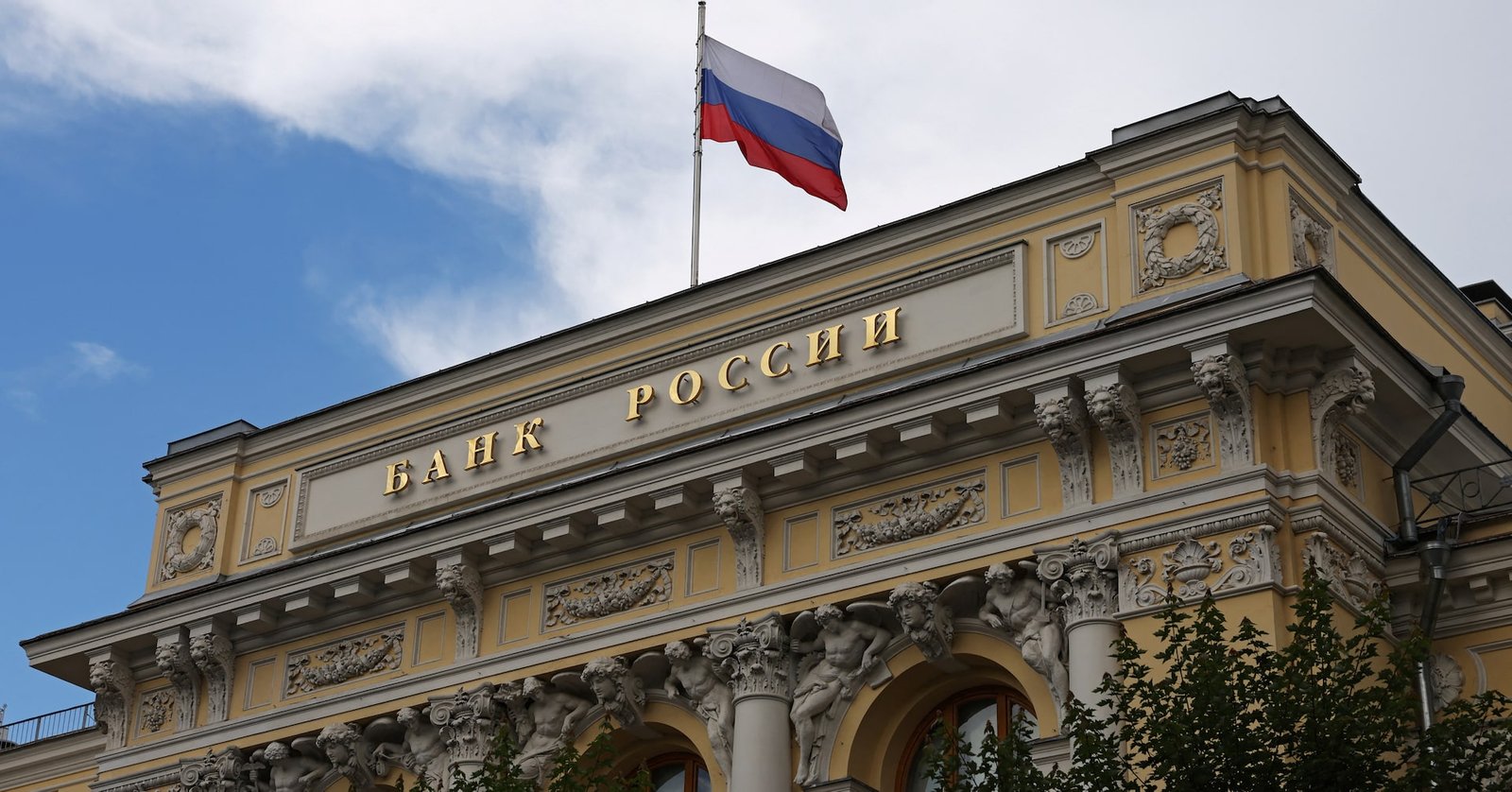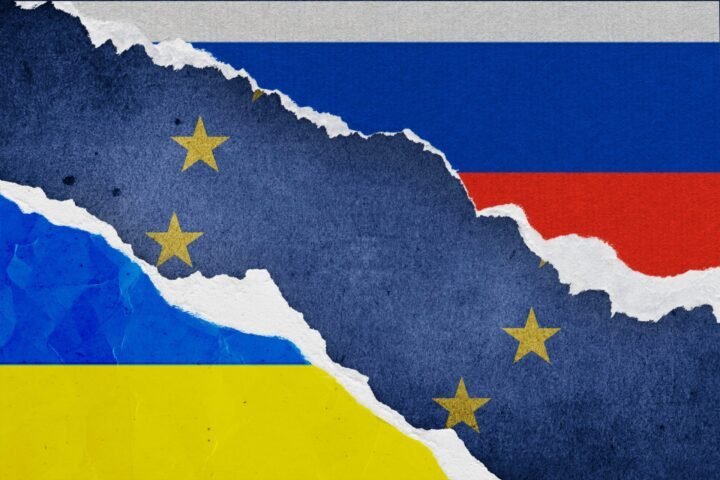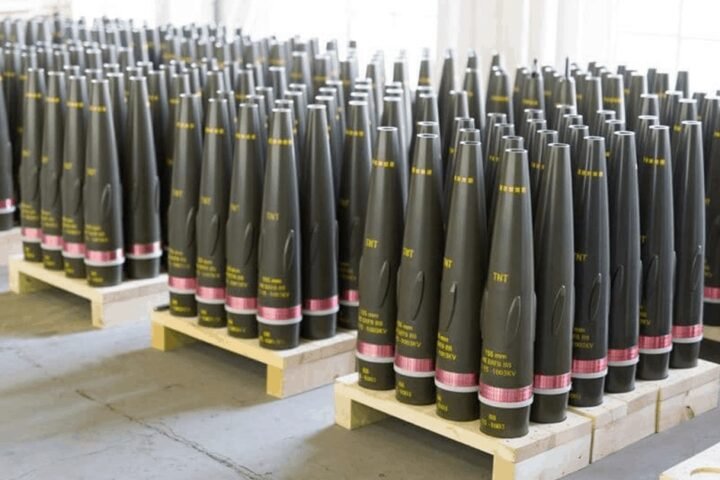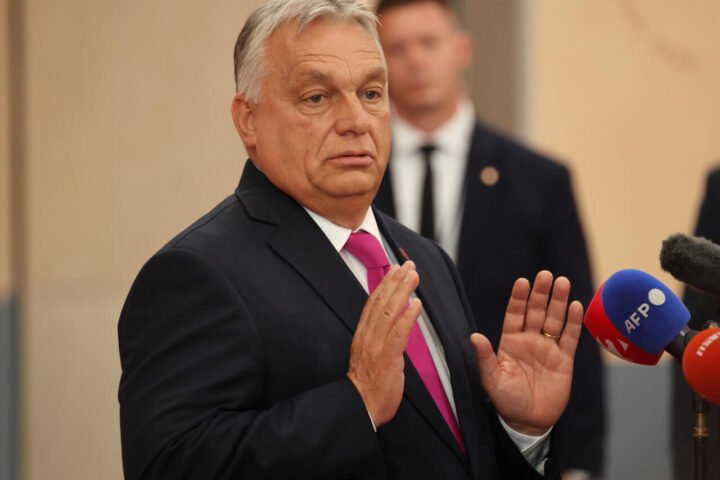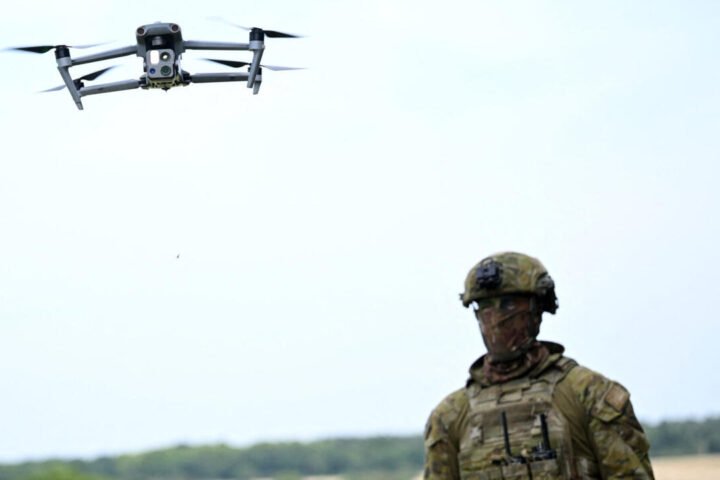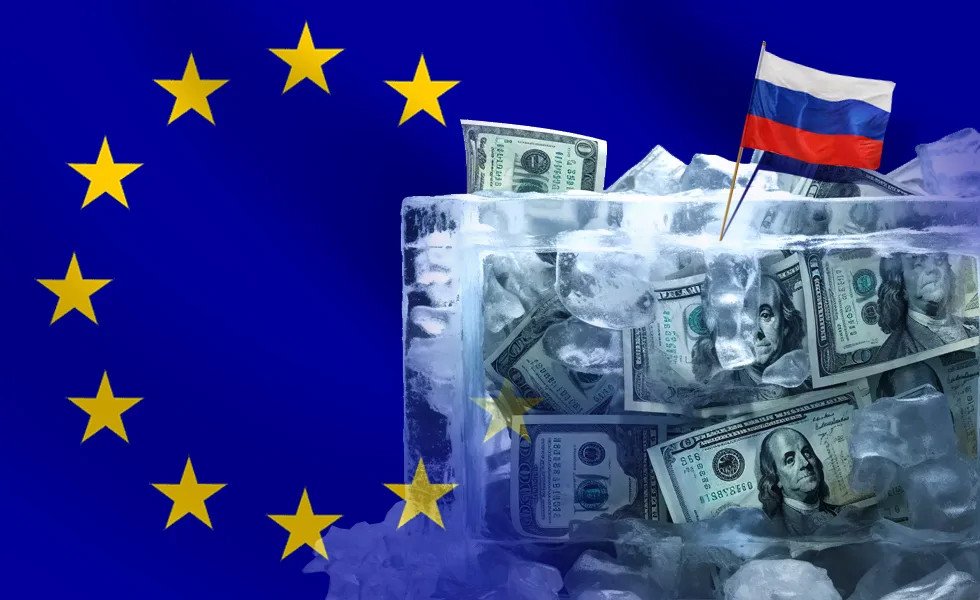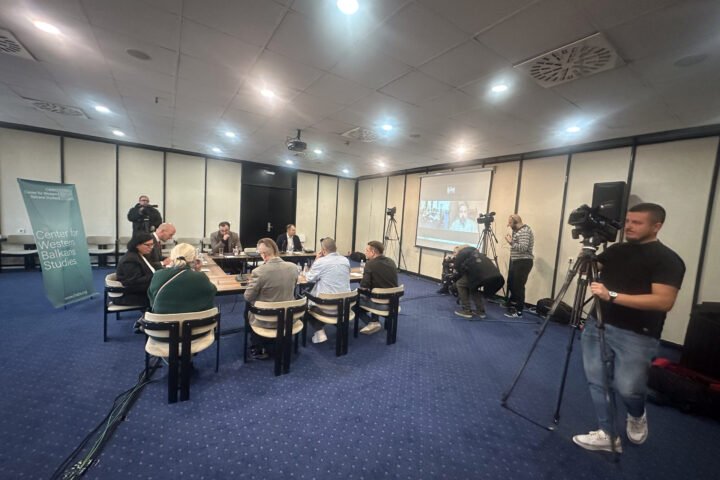Russia’s central bank is preparing to lower its key interest rate further as the country’s economy shows growing signs of fatigue, Western economists told Bloomberg. The move could come as early as this quarter, with analysts pointing to a confluence of slowing inflation, internal pressure from the business community, and mounting structural vulnerabilities exacerbated by war spending and sanctions.
According to Bloomberg’s reporting, six out of ten economists surveyed expect the Bank of Russia to cut its benchmark rate by 200 basis points to 18%, while others forecast smaller reductions. The upcoming decision is expected to set the tone for monetary policy for the rest of 2025.
Internal pressure mounts as inflation slows
Russia’s annual inflation slowed to 9.4% in June, with monthly consumer price growth falling close to the central bank’s target range. Deputy Governor Alexei Zabotkin recently suggested that the next rate cut could be steeper than the previous one — a signal of the bank’s readiness to pivot from its previously hawkish stance.
The central bank last lowered its key rate in June — the first such move since 2022 — trimming it from 21% to 20%. At the time, policymakers warned that further easing could be paused or reversed if inflation accelerated again. But current macroeconomic trends, including weakening domestic demand and increased fiscal pressure from military expenditures, now appear to support a deeper cut.
Strategic risks: sanctions loopholes and budget reallocation
Western sanctions have hit Russia’s economy unevenly. Despite efforts to restrict oil exports and critical technology flows, existing gaps in enforcement — particularly around intermediary trade routes and shadow tanker fleets — continue to cushion the blow to Russia’s energy sector. At the same time, state support for domestic industries and market isolation help maintain a degree of regime stability.
Experts warn that looser monetary policy, if paired with reduced external economic shocks, could allow the Kremlin to redirect financial resources toward military needs. The central bank’s rate cuts — while temporarily easing credit conditions — may also facilitate increased defense spending by lowering debt servicing costs. That shift comes with risks: the government may need to curb social expenditures to fund the war effort, raising the potential for public discontent.
Economic fatigue and inflationary pressure persist
Even after expected rate cuts, inflation in Russia remains significantly above pre-war levels, sustaining pressure on households. Essential goods have seen dramatic price increases — potatoes, for instance, surged by 167% year-on-year. While the ruble has shown some stabilization in recent weeks, analysts caution that underlying macroeconomic imbalances, including capital flight and import dependence, continue to pose long-term challenges.
Russia’s GDP is projected to grow by just 1–2% in 2025 — a modest rebound that masks underlying structural weaknesses. Economists say the country’s wartime economy is at risk of overheating without delivering meaningful improvements in productivity or household income, especially as defense-related production crowds out other sectors.
For European policymakers, the central concern is not just the short-term effectiveness of sanctions, but the Kremlin’s capacity to reconfigure its economy around long-term confrontation. A stabilized — or even slightly recovering — Russian economy undermines pressure on Moscow and may demoralize international partners committed to isolating the regime.
